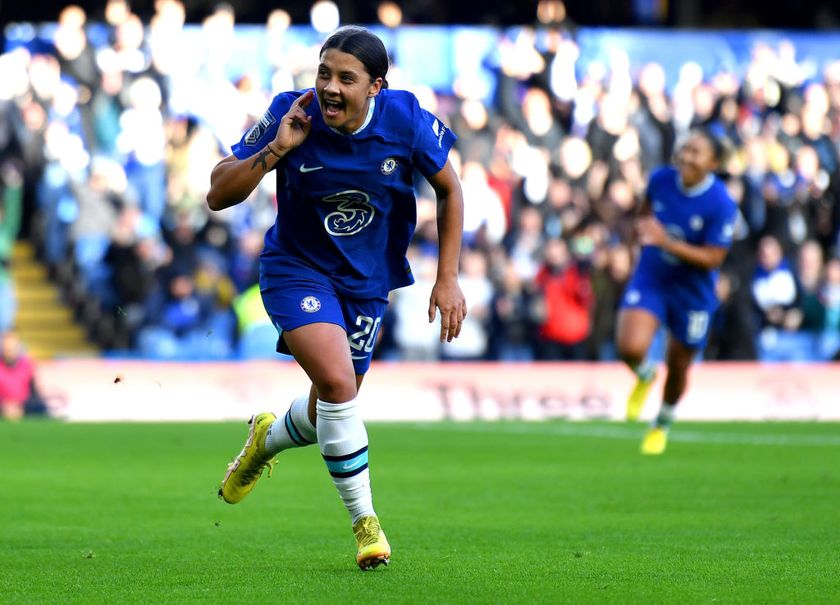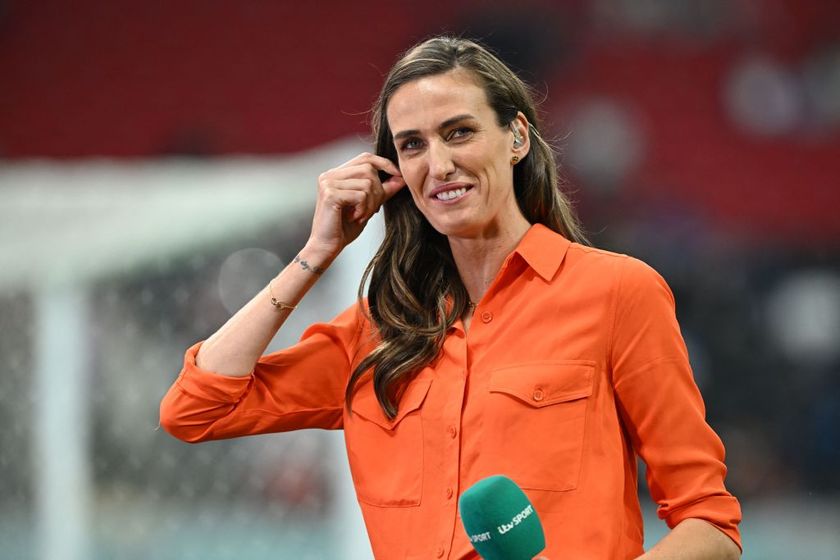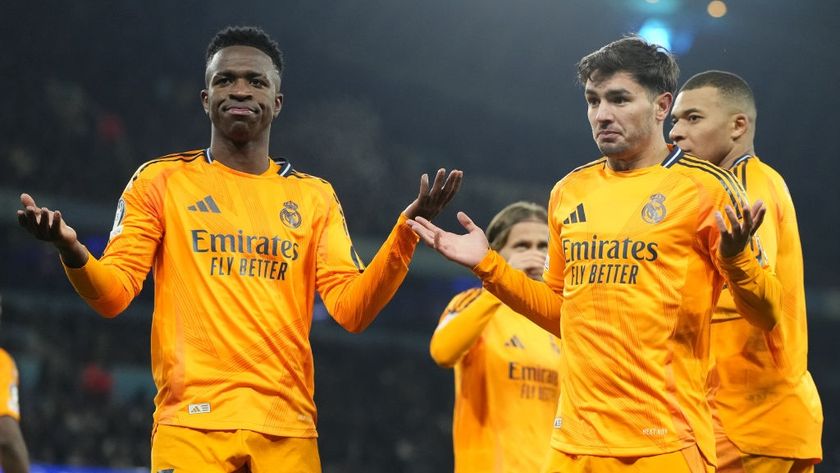Pepe Reina: the semi-tragic tale of a keeper in all the right places at the wrong times
The former Liverpool shot-stopper's career is one littered with misfortune and near misses, as Alex Hess recalls...
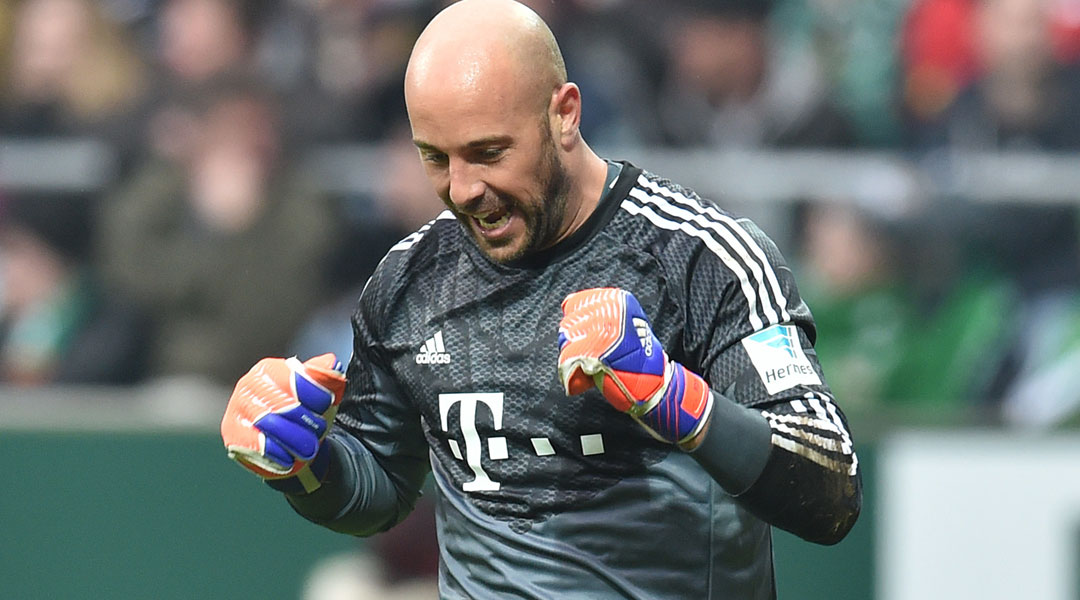
Villarreal Intertoto Cup 2002/03, 2003/04
Liverpool FA Cup 2005/06, League Cup 2011/12
Napoli Coppa Italia 2013/14
Spain World Cup 2010, Euros 2008, 2012
When Pepe Reina finally took to the field for his Bayern Munich debut on Saturday, history was made. Having already kept goal in the Spanish, English and Italian top flights, the 32-year-old became the first goalkeeper to have played in each of Europe’s ‘big four’ leagues. Not too many debuts are made as late as mid-March, but then not too many players have to compete with the world’s best just to get a game.
With the imposing figure of Manuel Neuer standing between Reina and the first team, the Spaniard, at what should be his peak age and once counted among the best of his generation, now holds football’s most forlorn job title: second-choice goalie.
FEATURE Whatever happened to caring about the No.1 shirt?
If it seems strange for such a glimmering milestone to come at a career low-point, then it is also, in many ways, completely apt. For Reina’s career, once you boil it down, has been really rather strange. Throughout his time as a player there runs a bizarre and striking theme: a near-exact inverse correlation between his own form, or his position in the pecking order, and the success of his teams.
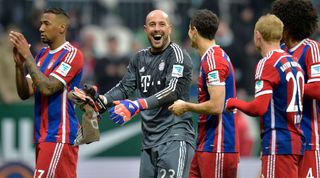
Bad timing
Reina has kept goal – and done so quite brilliantly – for some of Europe’s major powerhouses. He has also been a part of some of the most medal-hoovering squads in football history.
But these two things have never coincided. Call it Reina’s Law: his own excellence has largely come while playing in nearly-sides; World Cup, European Championship and, almost certainly, Bundesliga medals have been won nearly exclusively from the bench.
Get FourFourTwo Newsletter
The best features, fun and footballing quizzes, straight to your inbox every week.
It is hard to believe now, but not so long ago there was a brief time when the business end of Barcelona’s season comprised not of Clasicos to decide the destination of Europe’s major honours, but of a rather undignified scrap for La Liga’s fourth and final Champions League spot.
The club’s fourth-place finishes in 2001 and 2002 are among two of only three occasions in the last half-century that Barcelona have spent consecutive seasons outside of La Liga’s top three (they finished 6th in 2002/03; and 5th, 4th, 5th from 1979-81). As luck would have it, those noughties failures were also Reina’s only years in Barcelona’s first team.
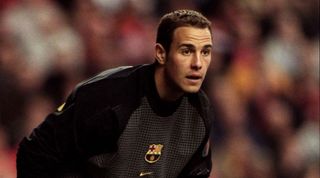
His breakthrough season, while a personal triumph, climaxed with Liverpool’s. Gary McAllister slotted a penalty past him at Anfield, the only goal of a nervy, two-legged UEFA Cup semi-final. Barca manager Llorenç Serra Ferrer was promptly sacked.
The following year’s European campaign went similarly: knocked out in the semi-finals, this time by Real Madrid. Reina didn’t play in that tie – Roberto Bonano’s experience tended to be favoured in that season’s bigger fixtures – but an ominous tone had been set: nearly, Pepe, but not quite.
With the arrivals of Louis van Gaal and Robert Enke having plunged the 20-year-old Reina’s ranking at Barcelona into further uncertainty, the guarantee of first-team football lured him to Villarreal in 2002.
And in his second season at El Madrigal, a familiar theme resurfaced: with the club on the brink of a first major cup final in its history, a nervy, two-legged UEFA Cup semi-final was decided by a single penalty – knocked past Reina by Valencia striker Mista. The final hurdle had once again proven a couple of millimetres too high.
Reina had departed for Liverpool by the time Juan Riquelme’s own last-minute missed penalty, two seasons later, cost Manuel Pellegrini's Villarreal a place in the 2006 Champions League Final.
But you couldn’t help but feel he was there in spirit, saddened but not entirely unsurprised at how such a fate had come to pass.
Skip to 3:45 for G-Mac's moment
Red mist
His recruitment at Liverpool in summer 2005 came with heady expectations – ‘the best goalkeeper in Spain’ was Rafa Benitez’s billing – but it only took a season for player and club to prove a fine fit. The 2006 FA Cup will go down in history as the story of Steven Gerrard, but that tale ignores another protagonist.
Not only did Reina save an astonishing three penalties in the decisive shootout, but he also, quite majestically, clawed Nigel Reo-Coker’s goal-bound looping header onto a post in the dying moments of extra-time (only after, it should be noted, gifting Dean Ashton a goal in normal time).
If the cold hard steel of a major trophy hinted that Reina’s curse had at last been broken, then the following season brought a reminder of what home-stretch defeat tasted like. Another two shootout saves saw his side pip moneyed rivals Chelsea into the Champions League final, but once they were there, Liverpool fell victim to the vulture-like stylings of Pippo Inzaghi.
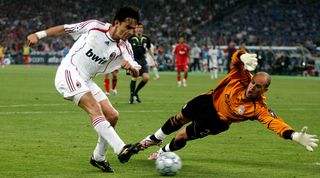
The next campaign bore no trophies and yet another brutal semi-final exit from Europe – Chelsea taking their revenge this time – but marked a personal triumph for Reina as he picked up the Premier League’s Golden Gloves award for the third season running.
The following season brought an even closer encounter with history. In 2008/09, Benitez’s side topped the league as late as May, with Reina’s form probably reaching a career best, but the sustained brilliance of Cristiano Ronaldo (and the momentary brilliance of Federico Macheda) saw the trophy head to Old Trafford.
Although Reina was one of Liverpool’s only big-name imports not to leap cheerfully from the sinking ship during the Gillett and Hicks regime, he could be forgiven for having since rued his loyalty.
Having watched compatriots Alvaro Arbeloa, Xabi Alonso and Fernando Torres rake in the medals after well-timed escapes to pastures new, Reina’s own fidelity was rewarded not only by having to line up alongside Paul Konchesky for a season, but also by being bombed out of Anfield once the club did change hands.
A season on loan with Benitez at Napoli – and a Coppa Italia triumph to boot – preceded his permanent departure to Bayern Munich.
Hard Roja
If Reina’s last half-decade at Liverpool was turbulent and trophy-shorn, the exact opposite was true of his international career. As Spain underwent a much-lauded reformation, mutating, Hulk-like, from a band of defeatist nearly-men into swaggering beasts capable of global domination, Reina was granted a front-row seat – quite literally. Apart from a single outing at Euro 2008 (a routine group-stage win over Greece), Reina’s contribution to Spain’s triple-header of major titles comprised of gazing on from the bench.
It’s his international career which Reina’s own website describes as having “brought his most notable successes”, and in a way that’s true. But perhaps the more telling part comes a few sentences later, when he is hailed for his capacities in “taking on the role of chief entertainer in team celebrations and creating a perfect relationship with the supporters”.
Of course, Reina has been a supreme footballer during this time – just not quite as supreme as Iker Casillas. It’s not just been at Bayern that the world’s number one No.1 has kept Reina confined to the dugout.

Indeed, even his few brushes with Spain’s starting line-up have played out in accordance with Reina’s Law. In July of last year, he welcomed another personal milestone: a first appearance at a World Cup. “I am delighted and proud to be fulfilling every player's dream,” he said before the meaningless game against Australia, a fixture played in the shadow of Spain’s most dismal tournament showing for decades.
And in the wake of that disastrous campaign, the place of a now-mortal Casillas is finally up for grabs. Even Espanyol’s keeper got a game in Spain’s last friendly (fittingly, Kiko Casilla) – and yet Reina, who has waited so patiently for so long, now can’t get on the pitch for his club.
Unless something drastic changes, it looks as though this will forever be his fate: personal highs coming amid general lows; central to many nearly-great sides but peripheral to the truly great ones; the biggest trophies always just out of reach from centre-stage but showered upon him while he’s on the margins.
Most Popular

